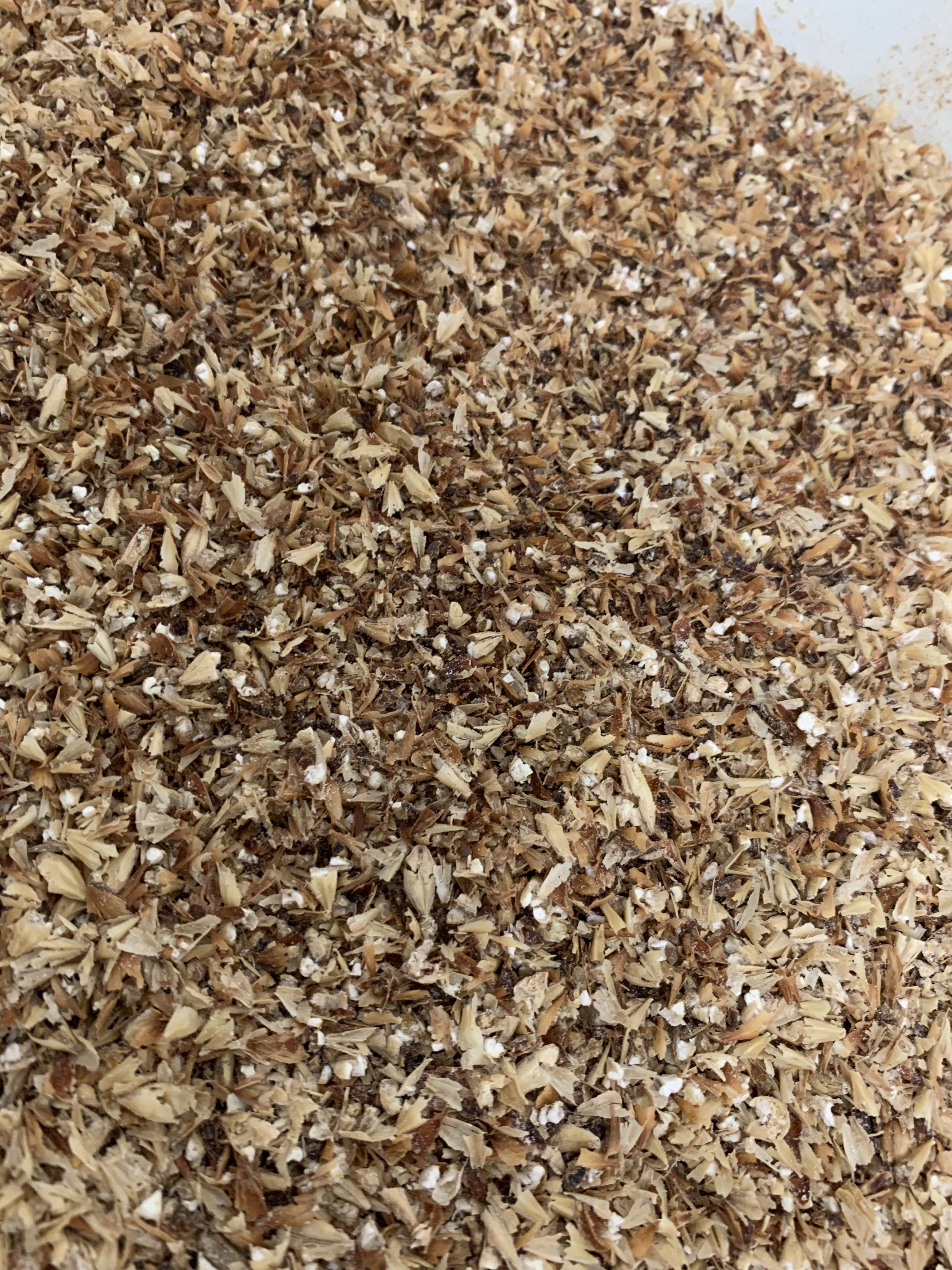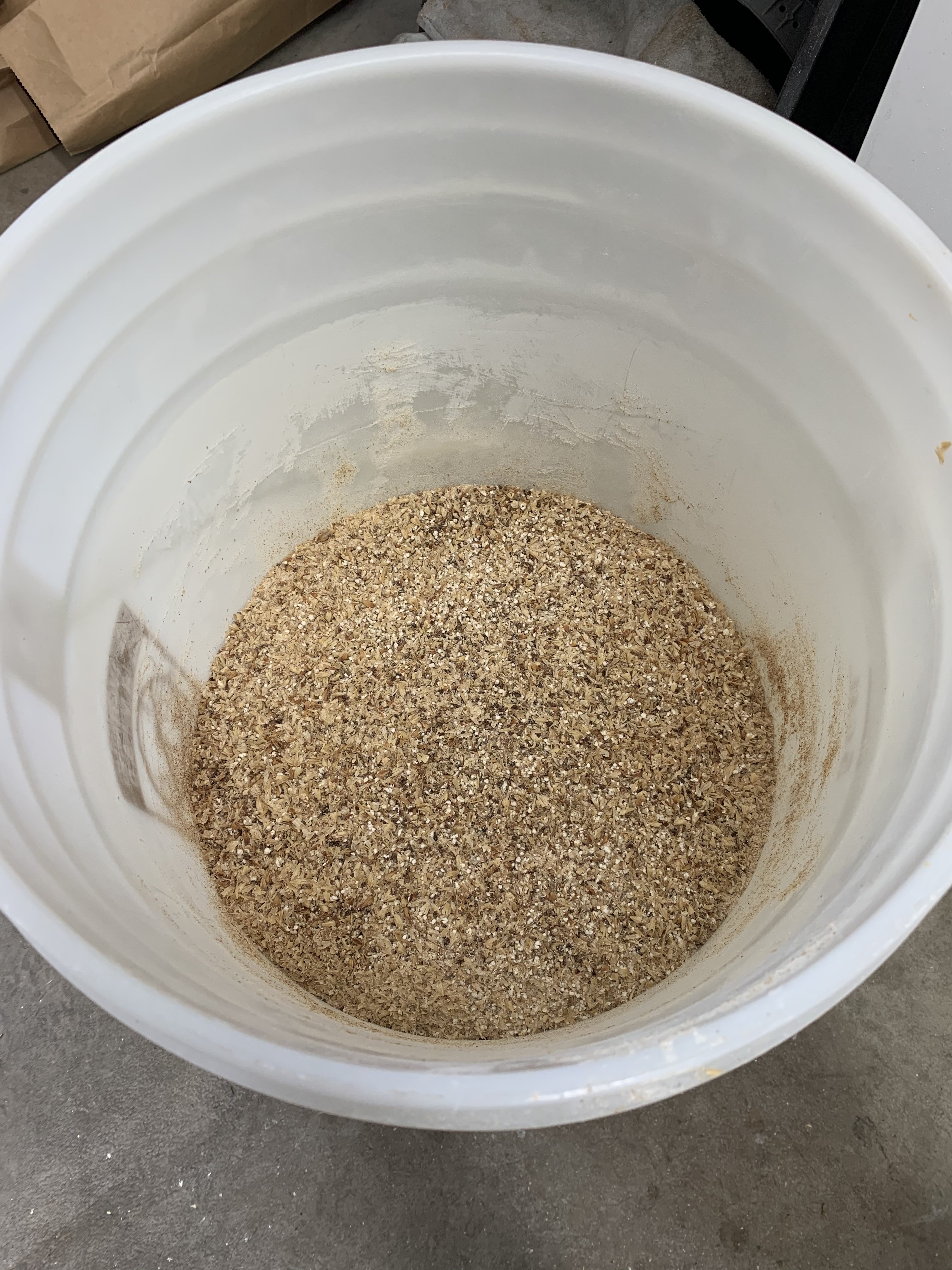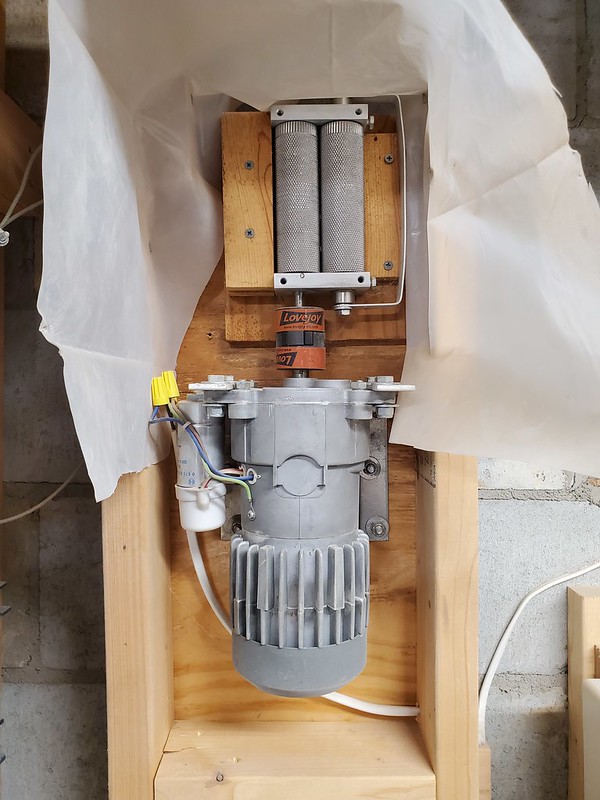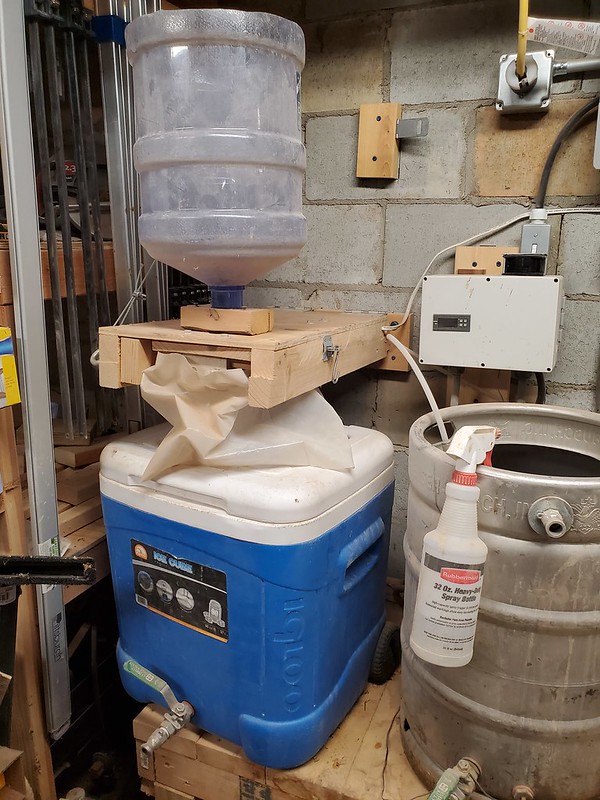- Joined
- Nov 13, 2019
- Messages
- 531
- Reaction score
- 371
Hey all, Im just getting started in this venture of homebrewing and have been reading a lot about grain mills. I really dont like to half ass anything i do in life so i went all in with the best i can get to start this. Question now is grain mill, ive read about all the mills out and the new ones coming out like maltzilla. Cereal killer looks interesting as well as the shop specials they have from each site like more beer has, but is it worth it to just plunge for a monster mill 3 roller? Already decided i dont want a 2 roller machine but the heat treated aspect is still in play. Or will the $99 cereal killer get me where i want to be just fine for years to come? Really need input on this, budget isnt really a factor but i dont want to spend on something i dont get full use out of like my dillon 1050 collecting dust since i bought it 
Thanks guys
Thanks guys






